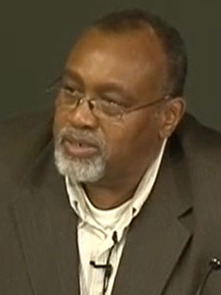A Quote by Branko Milanovic
If we knew what type of jobs would exist in 20 years, we would be quite rich. But we just cannot visualize it.
Related Quotes
Ninety-nine percent of everyday things are things we don't need - that goes for regular visits to the hairdresser just as it does for clothing. What would it mean if we all consumed 20 percent less? It would be catastrophic. It would mean 20 percent less jobs, 20 percent less taxes, 20 percent less money for schools, doctors, roads. The global economy would collapse.
I was the type of person who was the question-asker. And not just genuine questions, I would ask a question so the author would know how much I knew about them. Once I went to a Tobias Wolff reading. I knew he was teaching at Syracuse at that time. And so, I remember asking him how he liked Syracuse. People do that to me now and it's okay. There is rarely a time when I just have had enough.
If you knew that only a few would care that you came, would you still come? If you knew that those you loved would laugh in your face, would you still care? If you knew that the tongues you made would mock you, the mouths you made would spit at you, the hands you made would crucify you, would you still make them? Christ did.
Virtually everything we do is dependent on others, from the arts and culture to farmers who grow the food we eat. Quite a lot of the differences that make us rich and poor are matters just of luck. To somehow revel in one?s privilege would be a mistake. An even bigger mistake would be trying to convert that into a theory that the rich are so much more productive than many of us.
I said I didn't think it would be a collectivist state so much as a wilderness in which most people lived hand to mouth, and the rich would live like princes - better than the rich had ever lived, except that their lives would constantly be in danger from the hungry predatory poor. All the technology would serve the rich, but they would need it for their own protection and to assure their continued prosperity.
Who knows what technology will emerge in the next five years, let alone 20. Yet the education we provide our children now is supposed to last for decades. We cannot train them for jobs that do not even exist yet, but we can provide them with the minds and tools they'll need to adapt to our ever-changing set of circumstances.
You can put a person in jail for 5 years, for 10 years, or 20 years, for the same crime. We're deciding on 10 years to 20 years, when 5 years would be enough. Okay. The deterrent value, the additional amount of leverage that you get over a criminal to keep them from breaking the law in the first place, associated with making the sentences longer, is de minimous; it's essentially nothing.




































